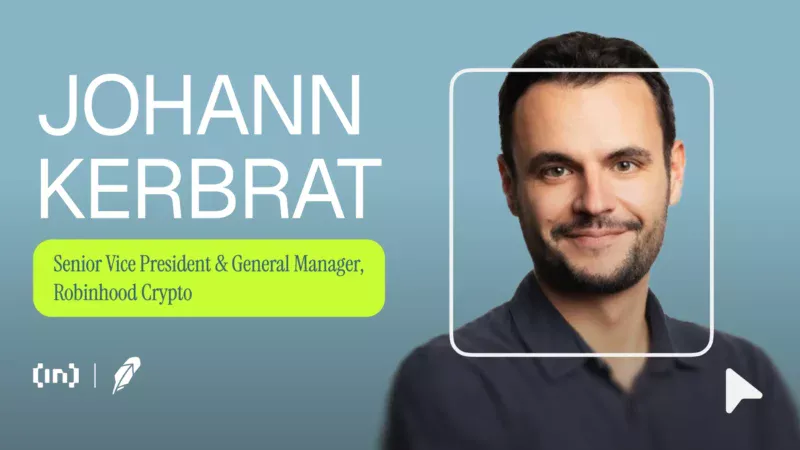Micar licensing for 53 crypto companies-Binance & Tether are missing

The EU recently approved 53 crypto companies under the new Micar Ordinance, including well-known platforms such as Coinbase, Kraken and Bitstamp. This is an important step for cryptor regulation in Europe and is intended to ensure more security and transparency in the crypto market.
But despite these progress, big names such as Binance and Tether are missing on the list of approved companies. This raises important questions about the future of these companies in the EU.
53 crypto companies receive micar license
As the crypto influencer Patrick Hansen explained in a recent post, the EU approved a total of 53 crypto companies under Micar by July 8, 2025. Among them are 14 stable coin emitters and 39 crypto-asset service providers (CASPS). These companies can now offer their services in all 30 EEA countries.
In the list shared by Hansen you can find well -known names such as:
- Coinbase
- Kraken
- BitSamp
- N26 (Fintech)
- eToro (Fintech)
- BBVA (Tradfi)
The list therefore shows a healthy mix of traditional financial institutions (tradfi), fintech companies and pure crypto platforms, but Binance and Tether are missing.
Why is Binance and Tether missing?
Surprisingly, some big names are like Binance And not to be found on the list. This decision could indicate that said companies either did not meet all regulatory requirements or have deliberately decided against licensing. It remains to be seen whether these companies adapt their strategies or continue to move outside the EU market.
What is micar and why is it important?
Micar stands for markets in Crypto-Assets regulation and is the new EU crypto regulation. It aims to create uniform rules for dealing with crypto-assets in the European Economic Area (EEA). The regulation was developed to strengthen trust in the market and to promote a stable, transparent economy.
The regulation is intended to ensure that crypto companies comply with clear regulations that improve consumer protection and reduce the risk of financial crime. Companies that are compliant receive a license that enables them to offer their services in all EEA countries.
That is why Micar represents a challenge
The introduction of Micar is not the first regulation for the crypto market. In the past, there have always been attempts to regulate crypto-assets worldwide, but implementation was often fragmented. With Micar, the EU tries to create a uniform framework that strengthens trust in the market and stabilizes the crypto industry in the long term.
The case of Tether and Binance
Regulatory pressure in the EU and other regions was a central topic for companies such as Tether (USDT) and Binance. Tether has decided not to meet some requirements while Binance had similar challenges. Your absence on the list could also be related to the complexity of the mica requirements.
What does Micar mean for the future of the crypto industry?
With the approval of 53 crypto companies under Mica, companies that receive the license can offer their services throughout the EU. This could promote the competition among the crypto platforms and lead to a greater consolidation of the market. It is expected that further companies will follow up in the coming months.
Possible effects on the large crypto companies
The decision to take Binance and Tether from the list could lead to a further adaptation of the business strategies of these companies. You may need to adapt your compliance standards to coordinate the regulatory requirements of the EU. On the other hand, these companies could decide to give up their business in Europe.
The effects of micar on the crypto world
The MICA regulation has taken an important step towards cryptor regulation by giving 53 companies the license. This decision could ensure more transparency and trust in the crypto market. At the same time, the lack of licensing from Binance and Tether shows that regulation also has challenges. Companies and users must continue to adapt to changes and adjustments in the industry.
Disclaimer
In accordance with the guidelines of the Trust Project, BeinCrypto commits an impartial, transparent reporting. This article aims to provide precise and current information. However, readers are recommended to check the facts independently and consult a specialist before making decisions based on this content.





